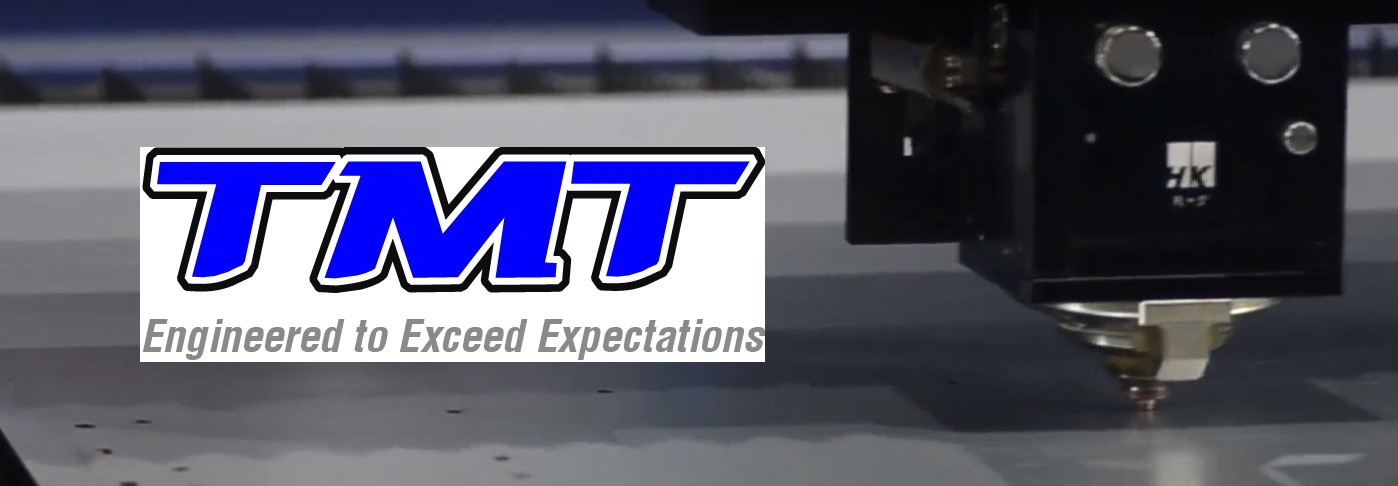Table of Contents
Metal fabrication is the unsung hero of modern society. Without the intricate work of metal fabricators, our world would be void of the structural masterpieces, technological wonders, and even the simple everyday objects we often take for granted. The significance of this industry is immeasurable, and its impact is seen in every corner of the globe. But what exactly is metal fabrication, and why is it so crucial in today’s fast-paced world?
The Art and Science of Metal Fabrication
At its core, metal fabrication is the process of shaping, bending, cutting, and assembling metal structures from various metal materials. This doesn’t just involve hammering out a piece of metal into the desired shape. Instead, metal fabricators employ a myriad of techniques, tools, and technologies to achieve the final product. Each step, from conceptualization to completion, requires precision, expertise, and an in-depth understanding of the material in question.
Key Techniques in Metal Fabrication
- Cutting: This is often the first step. Lasers, water jets, or plasma torches might be used to achieve the desired cut.
- Bending: Hydraulic machines are typically employed to bend metal sheets into different angles and shapes.
- Welding: This involves joining two pieces of metal together using high heat.
- Machining: Removing parts of the metal to shape it. This is done using lathes, drills, or milling machines.
Why Metal Fabricators are Essential
Think of the skyscrapers touching the clouds, the bridges spanning vast rivers, and the cars zooming down highways. All these, and more, owe their existence to the meticulous work of metal fabricators. Their expertise not only ensures that these structures and machines are built, but also that they are safe, durable, and efficient.
Driving Innovation in Various Industries
Almost every sector, from aerospace and automotive to energy and construction, relies on metal fabrication. These industries demand constant innovation, and metal fabricators are at the forefront, pushing the boundaries of what’s possible with metal.
Choosing the Right Metal Fabricator
As the demand for metal-fabricated products increases, so does the number of providers in the market. But not all metal fabricators are created equal. It’s crucial to select a fabricator who understands your needs, has the necessary expertise, and can deliver high-quality results consistently.
Factors to Consider
- Experience: How long have they been in the industry? Past projects can provide insights into their capabilities.
- Technological Advancements: The best metal fabricators stay updated with the latest technologies.
- Customization: Can they tailor their services to fit your unique requirements?
- Turnaround Time: How quickly can they deliver without compromising on quality?
The Future of Metal Fabrication
The world of metal fabrication is ever-evolving. With advancements in technology, we are witnessing the rise of automation, 3D printing, and even the incorporation of AI in fabrication processes. Such innovations not only streamline operations but also increase precision and reduce errors.
Sustainability in Metal Fabrication
In an age where sustainability is paramount, metal fabricators are also stepping up. They’re exploring eco-friendly practices, recycling more, and reducing waste. By doing so, they’re not just contributing to a greener planet but also enhancing their efficiency and reducing costs.
The Intricacies of the Fabrication Process
The journey from raw metal to a finished product is a symphony of precision, expertise, and collaboration. Every piece, whether it’s a massive steel beam or a delicate metal ornament, undergoes a series of intricate processes. Metal fabricators don’t just work with their hands; they engage their minds, constantly solving problems and improvising solutions. It’s a dance of machinery and manual skill, where every cut, bend, and weld matters. This meticulous attention to detail ensures the durability and integrity of the final product, making it fit for its intended purpose.
The Economic Impact of Metal Fabrication
Beyond the tangible products they create, metal fabricators play a pivotal role in boosting the global economy. They support numerous industries, from construction and automotive to electronics and aerospace. Their contributions pave the way for job creation, technological advancements, and infrastructural development. As the demand for more sophisticated and complex metal structures grows, the industry is set to witness an upward trajectory. This not only signifies promising prospects for metal fabricators but also indicates a brighter and more innovative future for global industries.
What exactly is metal fabrication?
Metal fabrication is the intricate process through which metal materials are shaped, bent, cut, and assembled to form structures. It goes beyond simple hammering; fabricators use various techniques and technologies, ranging from lasers and water jets for cutting to hydraulic machines for bending. Each step demands precision and an extensive understanding of the metal being worked on.
Which industries rely on metal fabrication?
Metal fabricators play a pivotal role in numerous sectors. Key industries include aerospace, automotive, energy, and construction. These industries need constant innovation, and metal fabricators are central to this, pushing the boundaries of what’s achievable with metal, ensuring structures are safe, durable, and efficient.
What are some key techniques used in metal fabrication?
- Cutting: Using lasers, water jets, or plasma torches.
- Bending: Employing hydraulic machines to achieve specific angles.
- Welding: Joining metal pieces using high heat.
- Machining: Shaping the metal using tools like lathes, drills, or milling machines.
How do I choose the right metal fabricator?
Selecting the right fabricator is crucial. Factors to consider include their industry experience, technological advancements they’ve adopted, customization capabilities, and turnaround time. It’s essential to find a fabricator who understands your needs, offers the latest technologies, and consistently delivers high-quality results.
How is the metal fabrication industry evolving with technology?
The metal fabrication industry is witnessing significant technological evolution. Innovations like automation, 3D printing, and the introduction of AI in fabrication processes are becoming more prevalent. These advancements not only make operations more streamlined but also increase precision and reduce potential errors. Additionally, sustainability is gaining traction, with fabricators focusing on eco-friendly practices.
Metal fabricators are, without a doubt, the backbone of modern infrastructure. Their work touches every aspect of our lives, from the buildings we live and work in, to the vehicles we travel in, and even the gadgets we use daily. As we propel into the future, the role of metal fabricators will only become more pivotal, ensuring our world remains innovative, safe, and sustainable.










